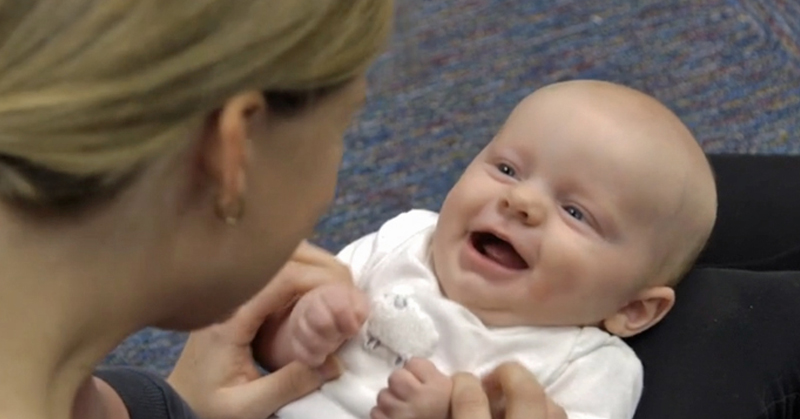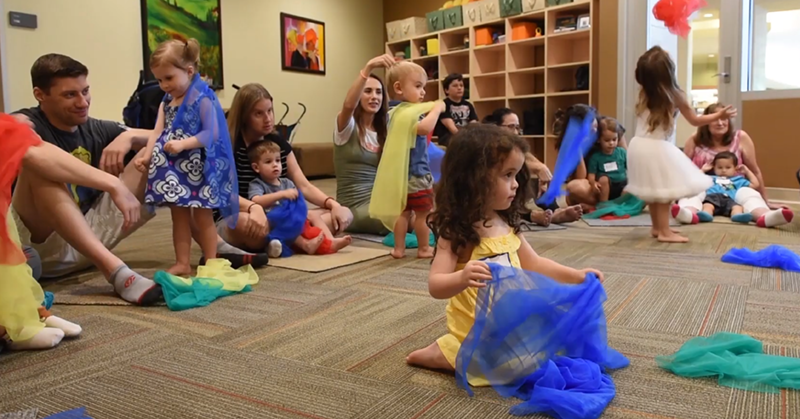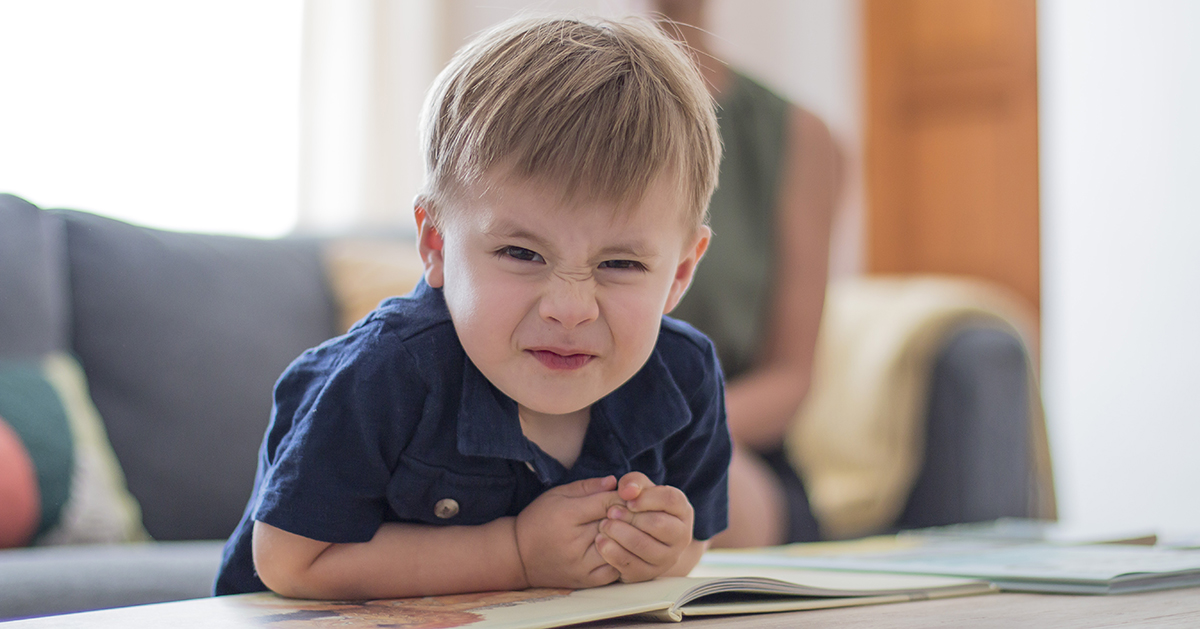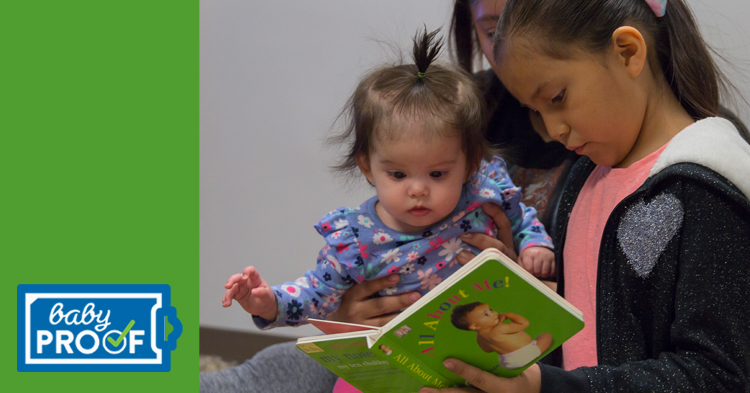Babies really like looking at themselves in the mirror.
No, they’re not tiny egomaniacs. They’re not worried about how their hair looks or checking for food in their teeth. If they even have any.
For your baby, looking in the mirror is play. It’s fun and fascinating.
And for parents and caregivers, it’s a great way to spend some time together in play, which is how young children learn. Mirror play is an opportunity to talk with your baby, laugh, and enjoy some time together. It’s another little way to deepen your connection.
Video courtesy of our partners at Make Way For Books. Check out their free app.
Learning and Growing Through Mirror Play
Playing with a mirror is a good time, and it also supports your child’s healthy development and learning. It helps develop their visual senses, most obviously. You can also use a mirror during tummy time to keep your baby entertained and give them more time to develop their muscles and physical abilities. And playing with a mirror can help them develop language skills. Even before they can use words, you can point out parts of their face and have little back-and-forth conversations. Any opportunity for Smart Talk is great for your little one.
Developing Self-Awareness
Mirror play is also a way to nurture your child’s developing self-awareness, which is a key part of their overall social-emotional development.
From Arizona’s Infant and Toddler Developmental Guidelines: “The social and emotional domain includes the development of trust and emotional security, self-awareness, self-regulation and the beginning of relationships with adults and other children.”
Eventually, your baby will learn that they are seeing their own face in the mirror and start to recognize their reflection. All kids develop differently, but here are some of the stages:
- Young infant (birth to 8 months) – looks at own reflection in the mirror.
- Older infant (6 to 18 months) – smiles at own reflection in mirror or makes sounds when looking at image in the mirror.
- Toddler (15 to 36 months) – shows recognition of self while looking in mirror and touching nose, head or some other body part that toddler can see only with a mirror.
Self-awareness is a complex, even philosophical concept. According to Aristotle, “Knowing yourself is the beginning of all wisdom.” But in basic terms, as in this article from Fatherly, what your child sees in the mirror evolves as they grow and develop self-awareness:
“That’s a mirror (Level 1), there’s a person in it (Level 2), that person is me (Level 3), that person is going to be me forever (Level 4), and everyone else can see it (Level 5).”
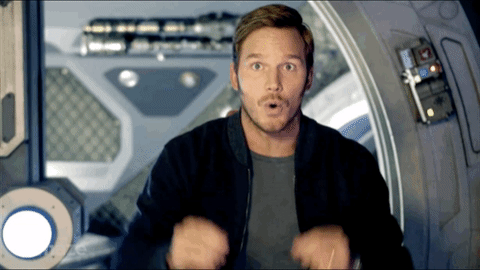
Aristotle also said, “The more you know, the more you know you don’t know,” so forget about the metacognition of it all. Just get down on the floor with your baby and a mirror, make some funny faces, and play together.


